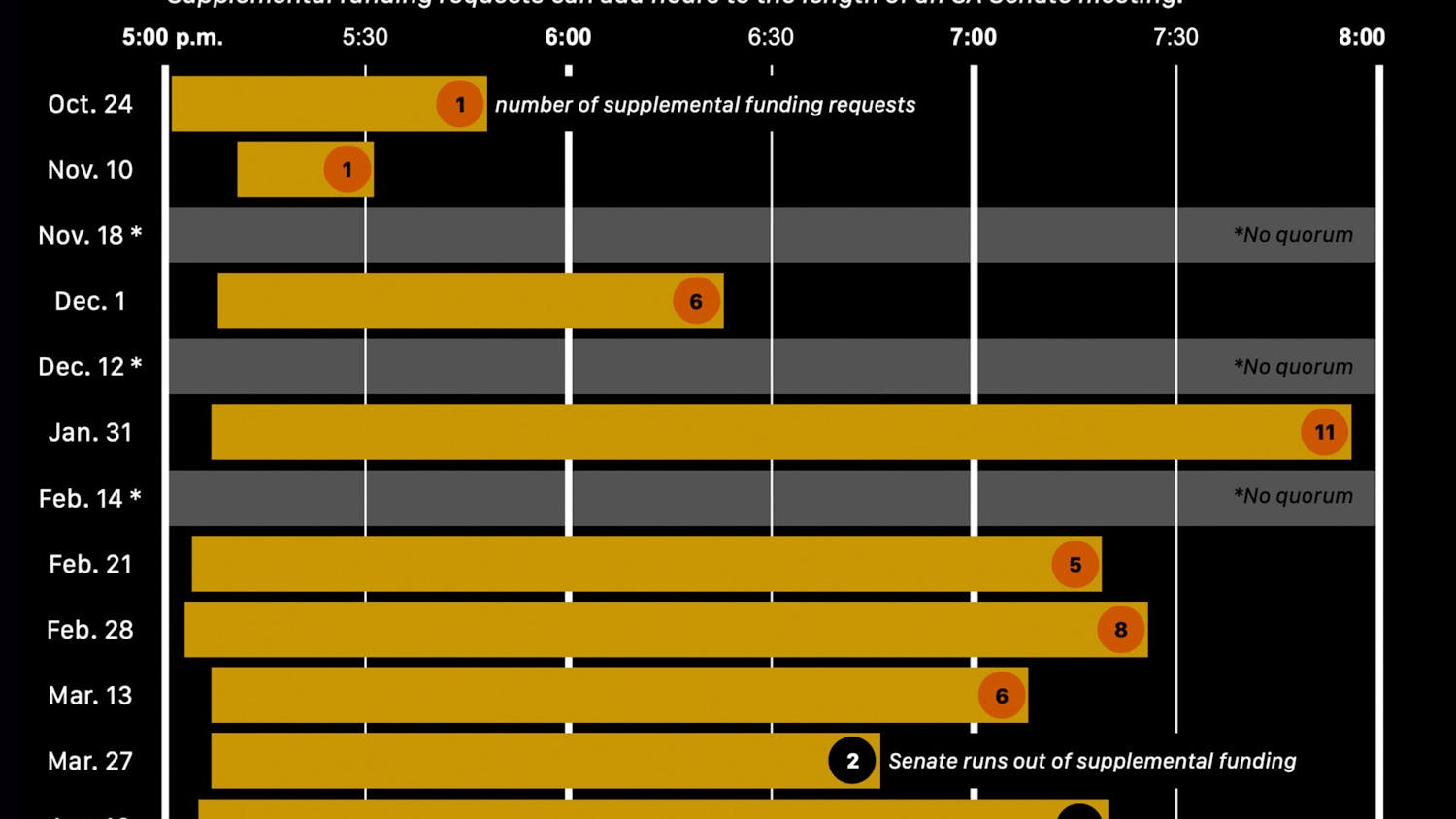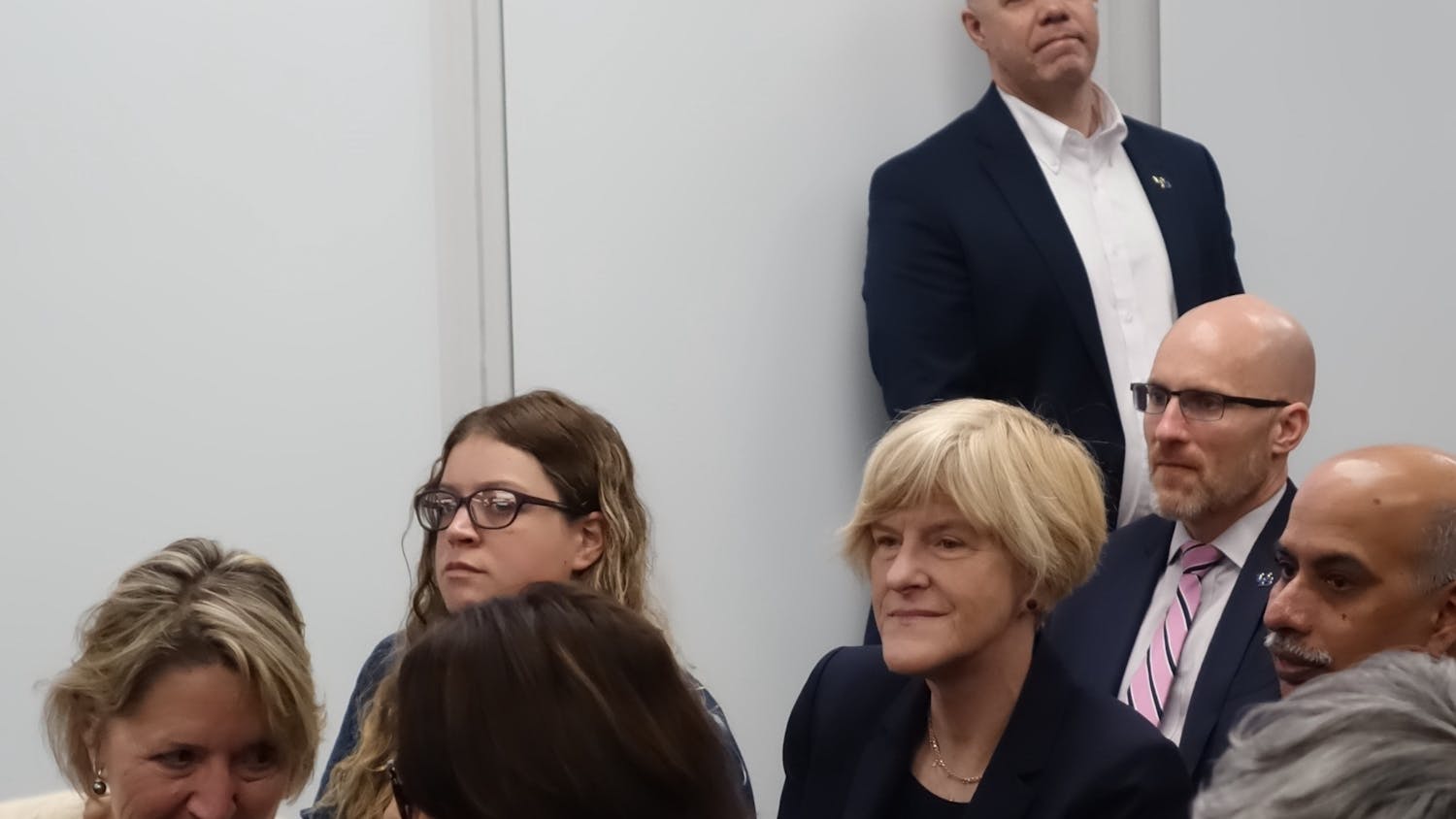Game seven, bases loaded, bottom of the ninth, one out, in ARIZONA and NOT in YANKEE COUNTRY! Luis Gonzalez steps to the plate and loops a shallow single to right field, which wins the series for the Diamondbacks! What a series, what a finish. Finally, baseball has crowned a new champion for the first time in four seasons.
It should be blatantly obvious that I am not a Yankee fan and was rooting for the Diamondbacks all the way. I truly believe that the Yankees are not solely responsible - but have contributed greatly to - the dismal economic state that Major league Baseball is presently in.
Most baseball fans are well aware that MLB is in a condition of deep financial agony, where the distribution of money is so skewed that the teams at the shortest end of the stick can no longer legitimately compete for a playoff spot. The World Series provided a great distraction from baseball's troubles and showed how great the game itself can be when money takes a back seat to winning, for a change.
The problem's core is in the great disparity between large-market teams, such as the Yankees and Braves, and small-market clubs like the Twins and Expos. Every year these professional players (our national heroes) seem to get greedier and ask for bigger contracts that further exceed their true value.
The latest evidence of this was on this past Monday when 104 players out of a possible 161 players filed for free agency on the first day following the World Series. They hurried to file because their current collective bargaining agreement expires Nov. 6. Under the agreement, players can seek more money with new teams starting Nov. 20.
The large market teams can afford these players at their asking prices, and virtually secure their playoff spots before the regular season even starts. The smaller markets have no chance of signing blue-chip players and must develop talent within their farm systems at a much cheaper but slower rate. If they do manage to develop a superstar, his value will rise dramatically and the team will most likely be forced to trade him for more inexpensive, unproven prospects.
This cycle has plagued baseball for the past five years or so, and with MLB management unable to derive a definitive plan of action to fix this mess, there is no reason to believe that the trend will die anytime soon.
Last night, however, the first step was taken in the right direction. Team owners met with MLB officials, including commissioner Bud Selig, and eventually agreed to contract the league down to 28 teams. The two teams that will be disbanded have not yet been announced.
The squeeze will eliminate two of least profitable teams, who by no coincidence also have the league's lowest payrolls. The teams being targeted are the Minnesota Twins and Montreal Expos.
This may not be the best action, but at least it has been taken and is the first step in reshaping MLB economics. I would prefer to see a salary cap instituted, like in the NFL or NBA, but in order to comply the larger market clubs would have to restructure a lot of contracts and possibly trade some marquee players they would essentially love to hold onto.
A salary cap is great in theory, but problematic when trying to get the players to agree to adopt it. A salary cap forces a team to limit its resources by restricting the amount of money it can allocate to player salaries. Reducing the amount of money owners have to spend means that player salaries would have to decrease accordingly.
The bottom line is that today's players are greedy. There is no way they will allow MLB to cut their salaries. The player's union is too strong and this solution will remain a fantasy instead of a reality.
In the long run, the salary cap would help improve the general welfare of professional baseball in this country. Hopefully players and owners will consider the future when they make some momentous decisions in the upcoming weeks.
The teams, especially the lower market clubs, have continued to push for increased revenue sharing, a move expected to be disputed by the player's union. Selig has said publicly that there will be no lockout imposed, but a player strike is still a concern given that the owners will be asking them to make some deep concessions.
Many, including myself, believe that baseball has not fully recovered the fan base it lost from the previous strike, and any further work stoppages will be completely detrimental to the sport and significantly decrease interest in it.
Let's just hope that all parties involved in the decision-making process are thinking and acting with the best interests of baseball in mind. Hopefully, they will all agree on a long-term plan that erases an economic burden on the small markets, making it a more competitive, enjoyable sport to follow.




